Why Tony Mokbel isn’t the man he once was, as he is released from prison on bail
On being sentenced to three decades in jail, Tony Mokbel worked the room like a salesman but today he retired the swagger of previous court appearances. Here’s a close look inside today’s courtroom.
National
Don't miss out on the headlines from National. Followed categories will be added to My News.
Tony Mokbel looks understandably nervous.
He faces the final hurdle to freedom after 6513 days in jail.
He looks older, as you’d expect.
At 59, after a heart attack and a severe prison beating, he has retired the swagger of previous court appearances, as well as his signature red tie.
The fuzz of his hair is thinner. His tongue plays with the inside of his cheek.
Mokbel looks fatigued, and fidgety, like a very mature age student outside the principal’s office.
He takes a sip of water, then wipes his nose on a couple of tissues. He bounces on the balls of his feet.
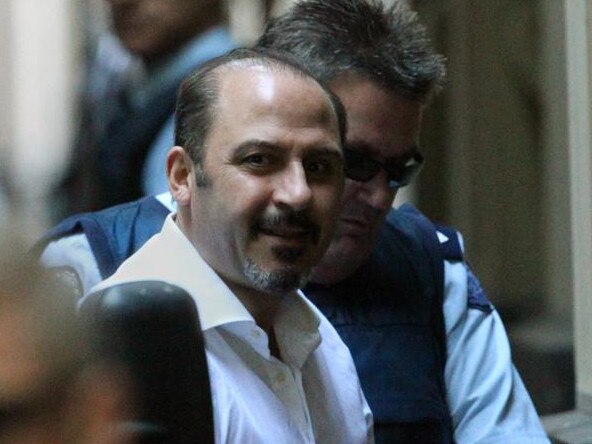
There’s a breathiness, as if he is suffering a cold, and a greyness at odds with the cartoon charisma he once commanded.
Mokbel projects uncertainty. Perhaps, as the Court of Appeal soon explains, Mokbel “is not the man he once was”.
If court appearances are the gauge, this finding seems true enough.
In 2012, on being sentenced to three decades in jail, Mokbel worked the room like a salesman.
Recently, a more sober Mokbel described his former lawyer and chief betrayer, Nicola Gobbo, as a once “extremely kind” and “very friendly” person.
Yet today is no moment for theatre. Well, not yet.
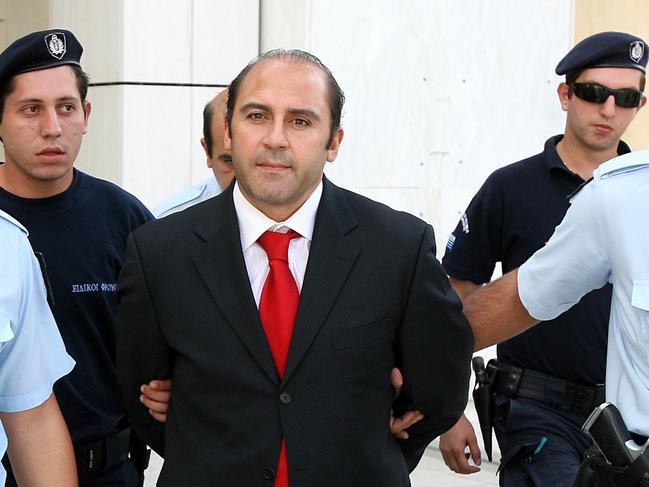
Justice Karin Emerton uses her first line to release Mokbel from his doubts. Any suspense about the judgement, the will-he-or-won’t-he debate of the media packing the courtroom, dissolves within seconds.
Mokbel, on receiving the sweet news, offers few hints to his reaction.
He wipes his eye at one point, but it’s his sister, Gawy Saad, who will wipe away tears.
She has stumped up a $1m surety for his release, later explaining that “he deserved to come out”.
Mokbel sits quietly as 31 conditions of bail are explained to him.
There will be none of the burner phones through which he ran a multimillion-dollar drug empire, nor the use of social media apps which probably mean nothing to a man who has been in jail since the first iPhone.
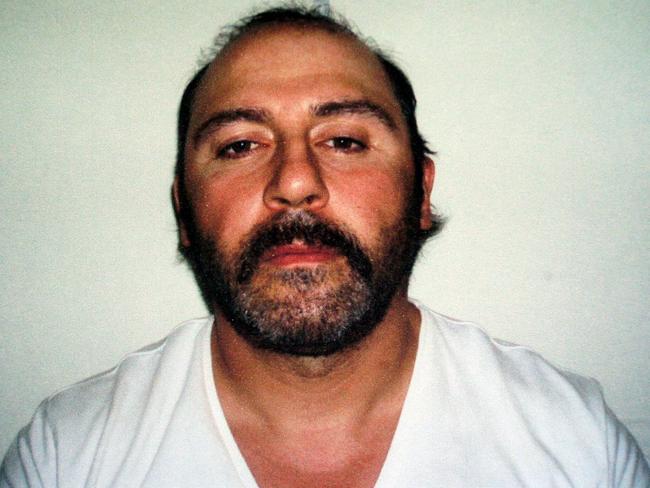
Mokbel’s curfew conditions trigger onlookers who cannot forget the harshest of Victoria’s Covid lockdowns.
Mokbel sounds respectful when he is asked if he understands the terms of his release.
He bows deeply when the judges have finished, when he relents to offers of handshakes, kisses, and he looks around to wave, seemingly decades younger than minutes before.
This moment culminates eight years of efforts to be freed.
SEE EXCLUSIVE FIRST IMAGES OF MOKBEL’S EMOTIONAL FAREWELL TO MOTHER HERE
Mokbel has appealed his multiple sentences since it was clear that the lawyer who was once “everything” to him was also everything to the police detectives who wanted him in jail.
The headlines of his release will seek to compare and contrast the Mokbel of yesteryear with the Mokbel of tomorrow.
Yet his freedom is also just the latest footnote in the most shameful chapter in Victoria’s modern police history.
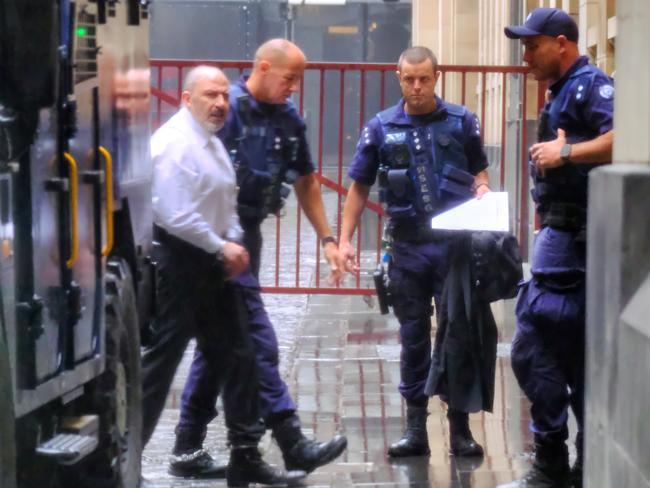
The relationship between Gobbo, a police informer, and those police detectives who applied her information, has been called a “joint criminal enterprise”.
Victoria Police knew at the time that Mokbel pleaded guilty to drug charges in 2012 that the evidence against him might have been tainted by the improper use of a defence lawyer as police informer.
No other police force anywhere has offered such an audacious middle finger to the justice system. Nor, so it follows, has any police force spent so many years pretending that there was nothing to explain about this extraordinary behaviour.
It is hardly surprising that no police detectives are in the court to hear the bail judgement.
The Court of Appeal, as with the High Court many years before it, sets aside the history of police excuses in its granting Mokbel jail.
It states that the quashing of his drug convictions has a “very strong case”. That Mokbel’s defence was “deliberately misled” and “deceived”.
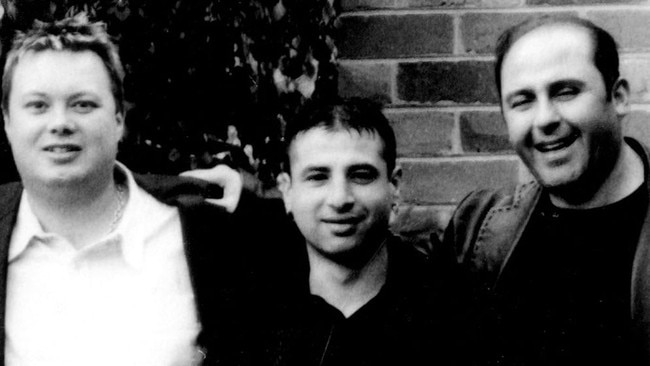
To this day, keen observers note the strident criticisms of such behaviour – the High Court called it “reprehensible” – and the apparent lack of consequences for those high-ranking police officers who breached the public’s trust.
But today is about Tony.
Almost three hours later, the media which throngs Lonsdale St, is playing the Where’s Tony game.
It’s been played before, when Mokbel skipped the country and wore a funny wig, only in reverse this time, because Mokbel is walking out of jail.
Office workers line the windows across the street.
A line of police officers, like the members of the crowd in front of them, stamp their feet and jiggle their legs to remind themselves that their limbs are still there.
Mokbel, the freed man, finally appears on the steps of the court.
“What’s your message to Nicola?” he is asked.
“Will you flee the country again?”
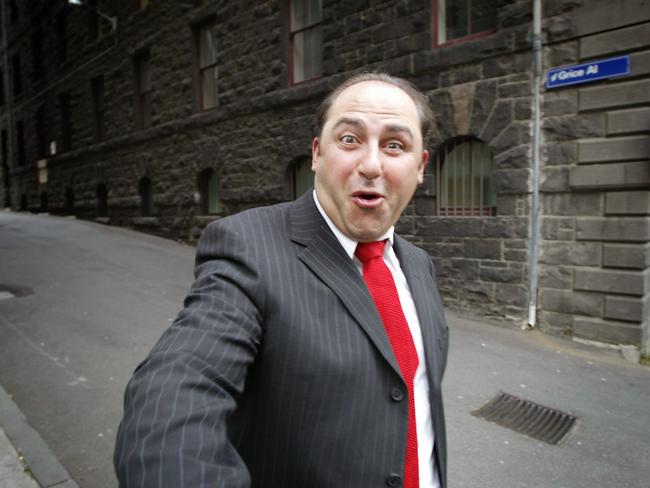
Mokbel sensibly declines to answer the questions.
Jacket buttoned, he is ushered to the gun metal grey Mercedes which awaits.
He does not punch the air or seek high-fives.
But Mokbel’s trademark smirk is back. As is his swagger, albeit weighed down by the electronic bracelet around his ankle.
More Coverage
Originally published as Why Tony Mokbel isn’t the man he once was, as he is released from prison on bail





